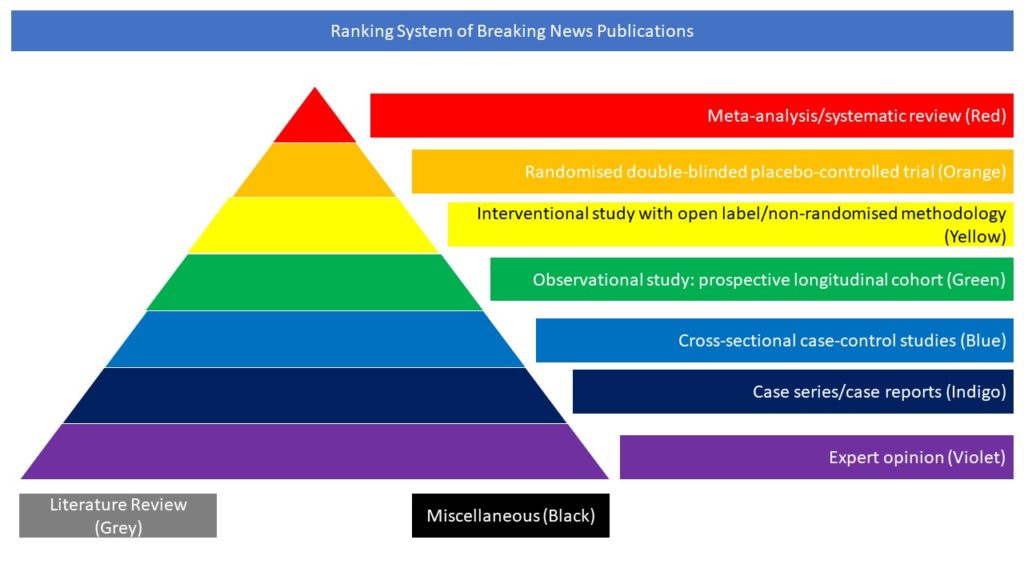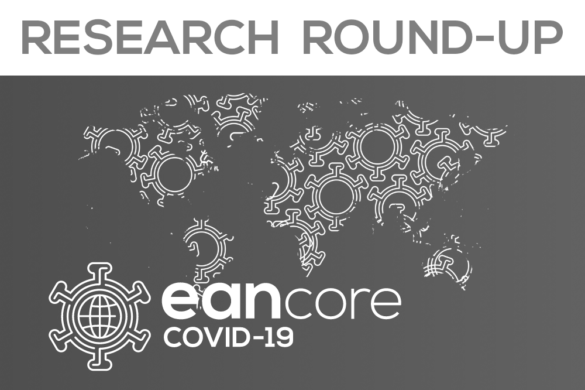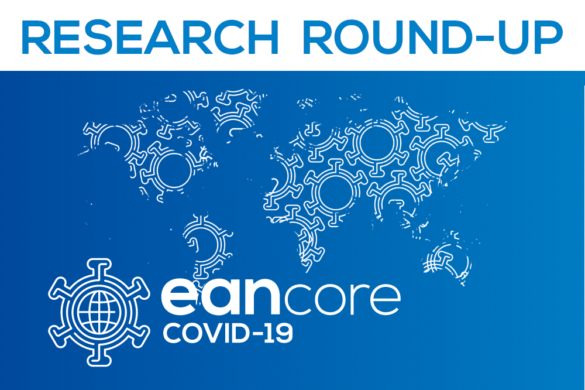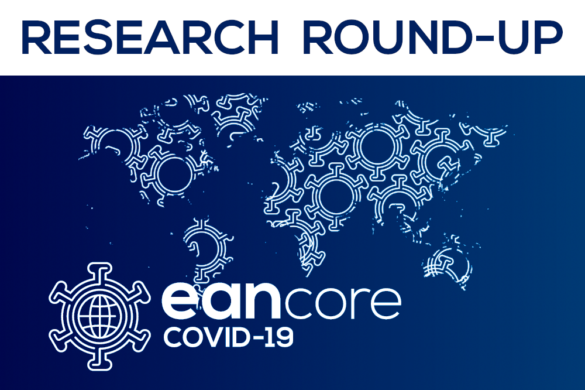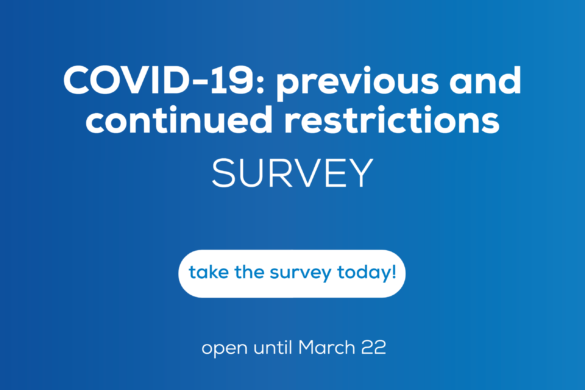Literature Review (Grey)
In this article the authors reviewed the literature to evaluate cerebrospinal fluid (CSF) results from patients with coronavirus disease 2019 (COVID-19) who had neurological symptoms and had an MRI that showed (1) central nervous system (CNS) hyperintense lesions not attributed to ischemia and/or (2) leptomeningeal enhancement. They sought to determine if these findings were associated with a positive CSF severe acute respiratory syndrome associated coronavirus 2 (SARS-CoV-2) polymerase chain reaction (PCR). A systematic review of Medline and Embase from December 1, 2019 to November 18, 2020 was performed. CSF results were evaluated based on the presence/absence of (1) ≥ 1 CNS hyperintense lesion and (2) leptomeningeal enhancement. In 117 publications, the authors identified 193 patients with COVID-19 who had an MRI of the CNS and CSF testing. There were 125 (65%) patients with CNS hyperintense lesions. Patients with CNS hyperintense lesions were significantly more likely to have a positive CSF SARS-CoV-2 PCR (10% [9/87] vs. 0% [0/43], p = 0.029). Of 75 patients who had a contrast MRI, there were 20 (27%) patients who had leptomeningeal enhancement. Patients with leptomeningeal enhancement were significantly more likely to have a positive CSF SARS-CoV-2 PCR (25% [4/16] vs. 5% [2/42], p = 0.024). The authors concluded that the presence of CNS hyperintense lesions or leptomeningeal enhancement on neuroimaging from patients with COVID-19 is associated with increased likelihood of a positive CSF SARS-CoV-2 PCR. However, a positive CSF SARS-CoV-2 PCR is uncommon in patients with these neuroimaging findings, suggesting they are often related to other etiologies, such as inflammation, hypoxia, or ischemia.
Lewis A, Jain R, Frontera J, Placantonakis DG, Galetta S, Balcer L, Melmed KR. COVID-19 associated brain/spinal cord lesions and leptomeningeal enhancement: A meta-analysis of the relationship to CSF SARS-CoV-2. J Neuroimaging. 2021 Jun 8. doi: 10.1111/jon.12880

